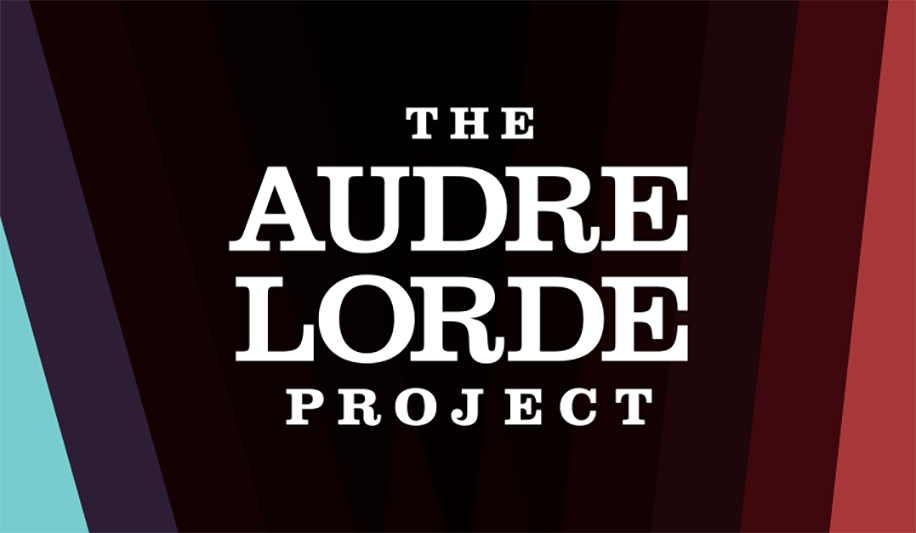As an organization run by and for Lesbian, Gay, Bisexual, Two Spirit & Transgender (LGBTST) People of Color communities, The Audre Lorde Project (ALP) unequivocally supports the right of LGBTST individuals to access civil marriage. This statement is intended to briefly articulate some of the underpinnings of our position. It is not meant to be a comprehensive document, as much of the existing literature on the topic generated by members of LGBTST communities explain aspects of contemporary debates on the subject well. Rather, this statement is intended to articulate some of the aspects of ALP’s position on the subject that are not currently discussed as broadly.
While there are those who argue that civil marriage should be a right reserved exclusively for heterosexual couples, we believe that much of the foundation for this type of logic is rooted in homophobia, heterosexism and a fundamental denial of basic human rights and self-determination for LGBTST communities. Various issues, including the following, inform our support for the right to civil marriage for our communities:
- Freedom to create and nurture families and communities are issues of choice and self-determination. Communities of color and others in the United States have long had a history of building support networks, families and communities that differ from dominant society’s portrayal of family as a simple nuclear unit. Extended families, and many other types of family units, have long been a tradition and source of strength against oppression within our communities. Same-gender couples and couples composed of gender variant individuals are part of this history of resistance, and should enjoy the same right to choose to marry, build families, and raise children as mainstream heterosexual couples. We believe that this also includes the responsibility of those who choose to be part of families (regardless of marital status) to build and nurture relationships based on principles of equality, and for the responsibility of our broader communities to respect and support those relationships.
- Religious justifications against universalizing the right to marriage do not address the central demand for the right to civil marriage. In addition, communities of color have various faith, spiritual and religious practices – many of which are never cited in mainstream discussions about religion and the right to marriage.
- Fundamentally, restricting access to civil marriage to mainstream heterosexual couples is discriminatory. Those within our communities who are unable to access civil marriage are denied over 1,000 legal, economic and other basic protections that mainstream heterosexual couples enjoy.
As a result, The Audre Lorde Project supports the right of those who choose to enter into a civil marriage to do so. Related to this, we also believe that:
- Individuals within our communities should have the right to live their lives and build families that do not mirror nuclear family structures. This includes upholding the right of those who do not choose civil marriage and/or do not choose monogamy as a life choice, to build families, and raise children. In addition, we believe that the choice of individuals to remain single is a choice as valid as choosing to enter into a life-long partner relationship, particularly given the many varied reasons that individuals may choose not to enter into marriages.
- As the LGBTST movement moves forward in ending discrimination inherent in the current civil marriage system, we should continue our dedication to struggle against all forms of discrimination and oppression. This includes recognizing and respectfully reacting to contradictions that sometimes arise through efforts that may be well-intentioned but place us at odds with the struggles of our allies – For example, when the struggle for marriage in Hawai’i was underway, some within the tourism industry (including gay-owned businesses) chose to capitalize on the circumstances by encouraging lesbian and gay couples to plan trips to Hawai’i to get married. This was in spite of the fact that many within the indigenous Hawai’ian sovereignty movement -- who had supported same-gender marriage -- consider tourism to be one of the most destructive forces impacting Native Hawai’ians and their struggle for sovereignty.
- Ultimately, our struggles as LGBTST people should explicitly include economic justice for all peoples. Many of the distinct economic privileges that many married couples enjoy under the current civil marriage system in the US (e.g. access to health-care programs through workplaces) are benefits that we should demand as rights for all, regardless of marital status.
We, at The Audre Lorde Project believe that recognizing the right to marry for individuals within LGBTST communities is a step towards ending discrimination and promoting equality for all.
